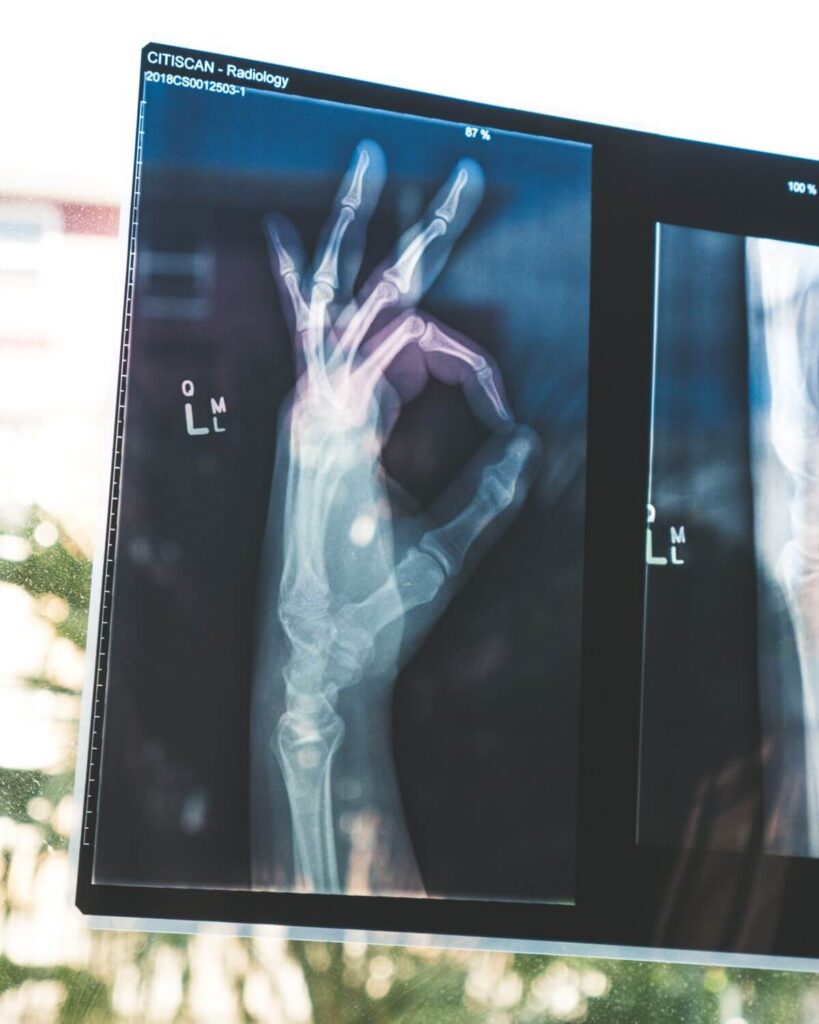Valuing healthcare data should be as important as loving one’s health. Unfortunately, since the start of using electronic and digital medical records, data security has been more at risk of hacking and fraud. But with HIPAA compliance, the medical industry is now required to take additional safety and security measures outlined in the federal law to protect patients’ medical records and healthcare information.
Why Is It Important to Keep Your Employees’ Health Data Secured?
Keeping health data secure is about more than just regulatory national standards compliance. Still, it’s also ensuring that healthcare patients’ and workers’ trust and safety are top priorities among medical institutions. It’s a fact that medical information contains personal information. It includes the patient’s full name, date of birth, address, mobile number, places of work and positions, IDs, credit card numbers, and medical and social insurance information which are all targeted by most hackers and are susceptible to outside threats. These external threats target medical information that could be used fraudulently and are even often considered to be more at risk compared to financial and other personal data.
Not only are patients potential targets among many hackers, but medical staff and employees are also at risk. With outside threats becoming more severe and dangerous, healthcare providers’ and organizations’ networking and services are more likely to be hindered. If banks and other financial organizations have prioritized data protection, medical institutions and organizations must do the same when disclosing protected health information.
Other existing federal laws administer employees’ health and medical data properly. Among these are the following:
- The Health Insurance Portability and Accountability Act of 1996. The HIPAA is a federal law passed by Congress in 1996 which was created to prevent the disclosure of sensitive patient healthcare information and data without the patient’s consent. In addition, the law outlines regulatory standards and rules that medical facilities and institutions must abide by.
- The Americans with Disabilities Act of 1990. The ADA, or the Americans with Disabilities Act, is a civil rights law that prohibits discrimination against persons with disabilities in all areas of public life. Congress passed this to ensure that persons with disabilities have the same rights and opportunities as everyone else.
- The Genetic Information Nondiscrimination Act of 2008. The Genetic Information Nondiscrimination Act of GINA is a law that protects American citizens from discrimination based on their genetic information in employment and health insurance
What is HIPAA Compliance?
The Health Insurance Portability and Accountability Act, also known as HIPAA, is passed by Congress to protect the safety, integrity, and privacy of American patients’ medical information. The HIPAA privacy rule regulates and controls how healthcare providers release, disclose or handle protected health information to employers. For example, there are instances wherein employers ask for information about employees without being authorized to do so. In this case, healthcare providers are not permitted to release such information.
Although HIPAA does not directly cover the security and protection of employment records, if health and medical-related information are disclosed within these records, authorization has to be provided to the medical staff in charge. In addition, it should only be handled for the reason stated.
HIPAA compliance is a culture and mandatory protocol within the medical industry. Other than prioritizing the protection and security of patients’ healthcare information, its intention in the workplace is to protect employees from sharing confidential health information with individuals who are not authorized to know such data.
Can Applications Help Secure One’s Health Information?
With the medical field shifting to digital and online platforms, it’s more important for medical facilities to have medical data protection. This prevents risks of various threats like targeted attacks and hacking. HIPAA-compliant applications and software are placing additional security features into their systems to ensure that data is kept safe and protected at all times. HIPAA-compliant text messaging apps include different security features such as passcode protection, time-limited messages, and remote lock-wipe that will maximize and strengthen security within the system. HIPAA-compliant applications will also include cloud-based compliance options, secure encryption, and guaranteed security credentials to ensure compliance. Not only is it easier and faster for healthcare providers to communicate with patients and colleagues, but it’s also safer and more protected.
In the United States, medical information is most at risk from hacking, cyber theft and fraud. With this trend becoming more prevalent, the use of electronic records has been more common. It has become vital for healthcare providers to have their data protected.
The use of applications with HIPAA compliance will help medical facilities and organizations effectively utilize their data. These applications offer the highest level of security possible which prevents hacks from happening and protects sensitive medical information from being stolen or misused.
Conclusion
Medical facilities, healthcare providers and organizations are continuously encouraged to implement HIPAA compliant programs and applications. The benefits of having such systems in place can help organizations protect their data, reduce risk of privacy violations and increase the effectiveness of processes.
It is important to note that HIPAA compliance is not mandatory, however, there are instances wherein such programs are required by law.
